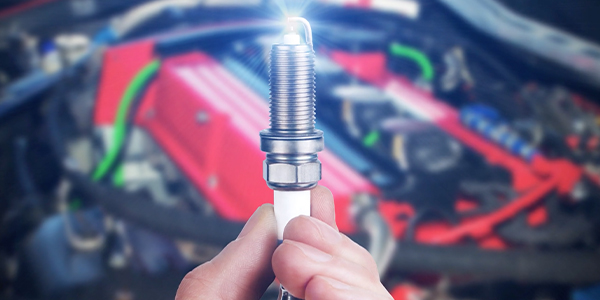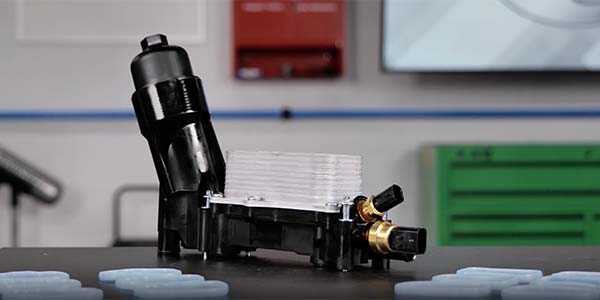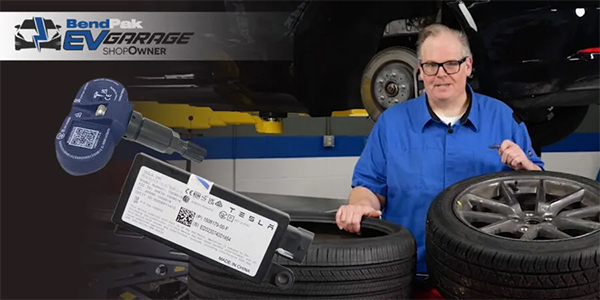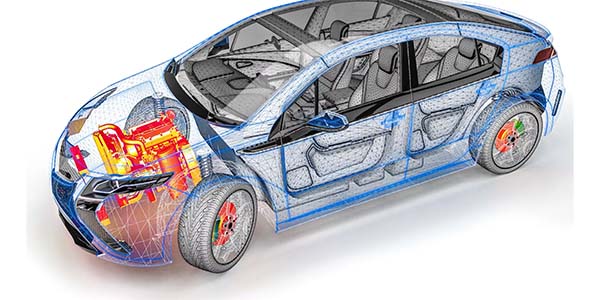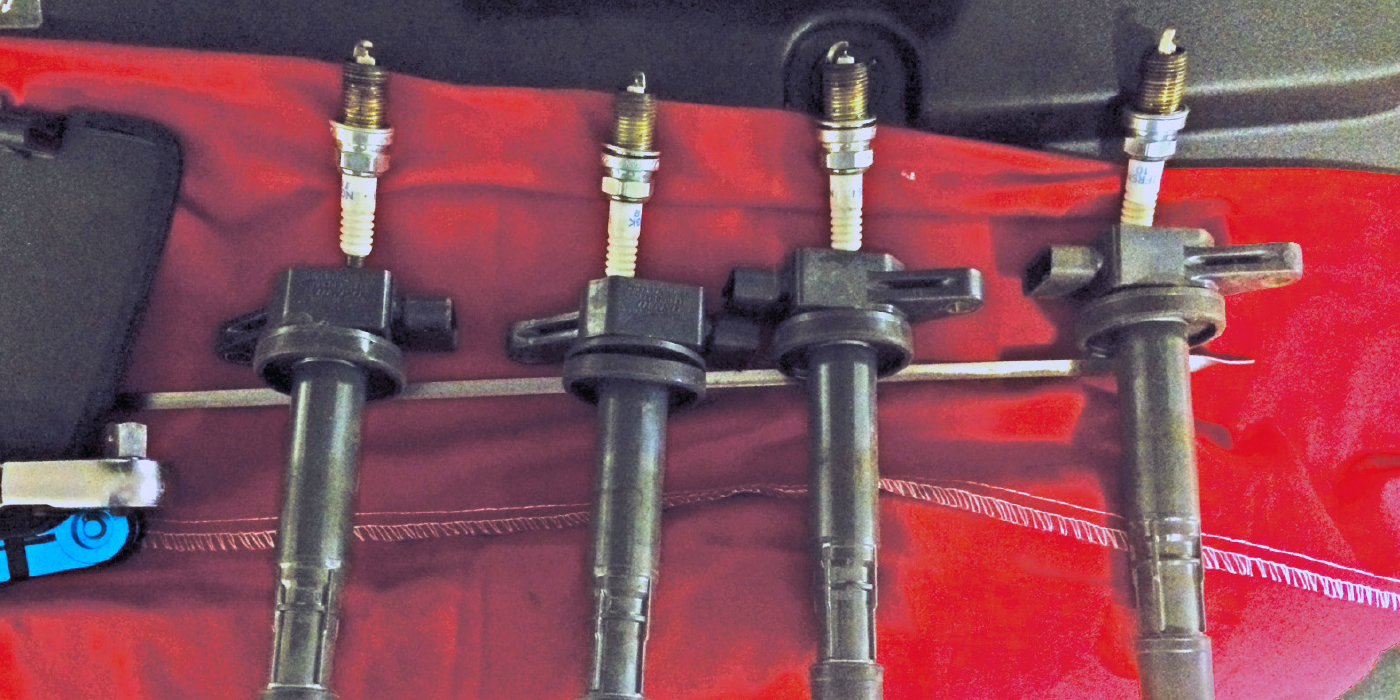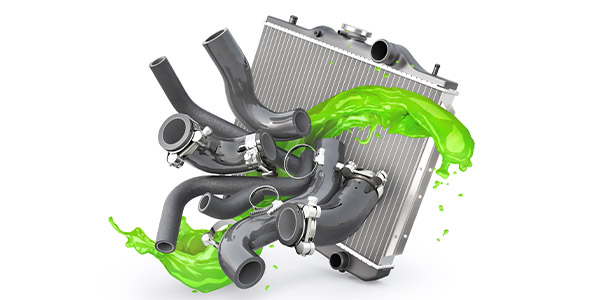CC:
Do spark plugs matter with alternative fuels?
The answer, as you might have guessed is yes. But why? Regardless of fuel, the basic aspects of the internal combustion engine are the same, but when you switch to an alternative fuel, you have to make changes with the fuel mixture and ignition timing.
Just as there are differences between low and high-octane fuel that requires different engine tuning, alternative fuels differ in their chemical properties, but on a larger scale. Octane rating, different burn rate and different combustion temperatures are all factors that affect tuning, and as a result, they can affect the spark plug as well.
Ethanol blended fuel has been around for a while, and modern vehicles that are designed to run on it are equipped with the proper fuel systems, fuel system management and the proper spark plugs that are designed for the changes in combustion.
This is just one reason that it’s more important than ever to make sure you are using the correct spark plug for the application. There is an exception with ethanol blended fuels, and that’s with E-85. E-85, which is the highest blend of Ethanol, can only be run in vehicles that are specified as Flex-Fuel vehicles.
However, if you are using E-85 as a means to increase power on a factory engine that has had the proper modifications, you’ll need to use spark plugs that are one to two heat ranges colder.
Propane and compressed natural gas have an even greater difference from gasoline in their ignition and combustion properties and as a result they require more specific spark plug recommendations.
For long lasting durability, Iridium finewire plugs have proven the best, the gap should be reduced 25% from the OE recommendation, and you should also use one heat range colder than what is recommended for the application.
So that’s it. Alternative fuel vehicles require the correct spark plugs, which can differ from those in a gasoline engine. Make sure to keep that in mind if you get one in the shop for service, and don’t forget to stick with a high-quality plug for the best performance.
Thanks for watching, we’ll see you next time.
This video is sponsored by Autolite.

